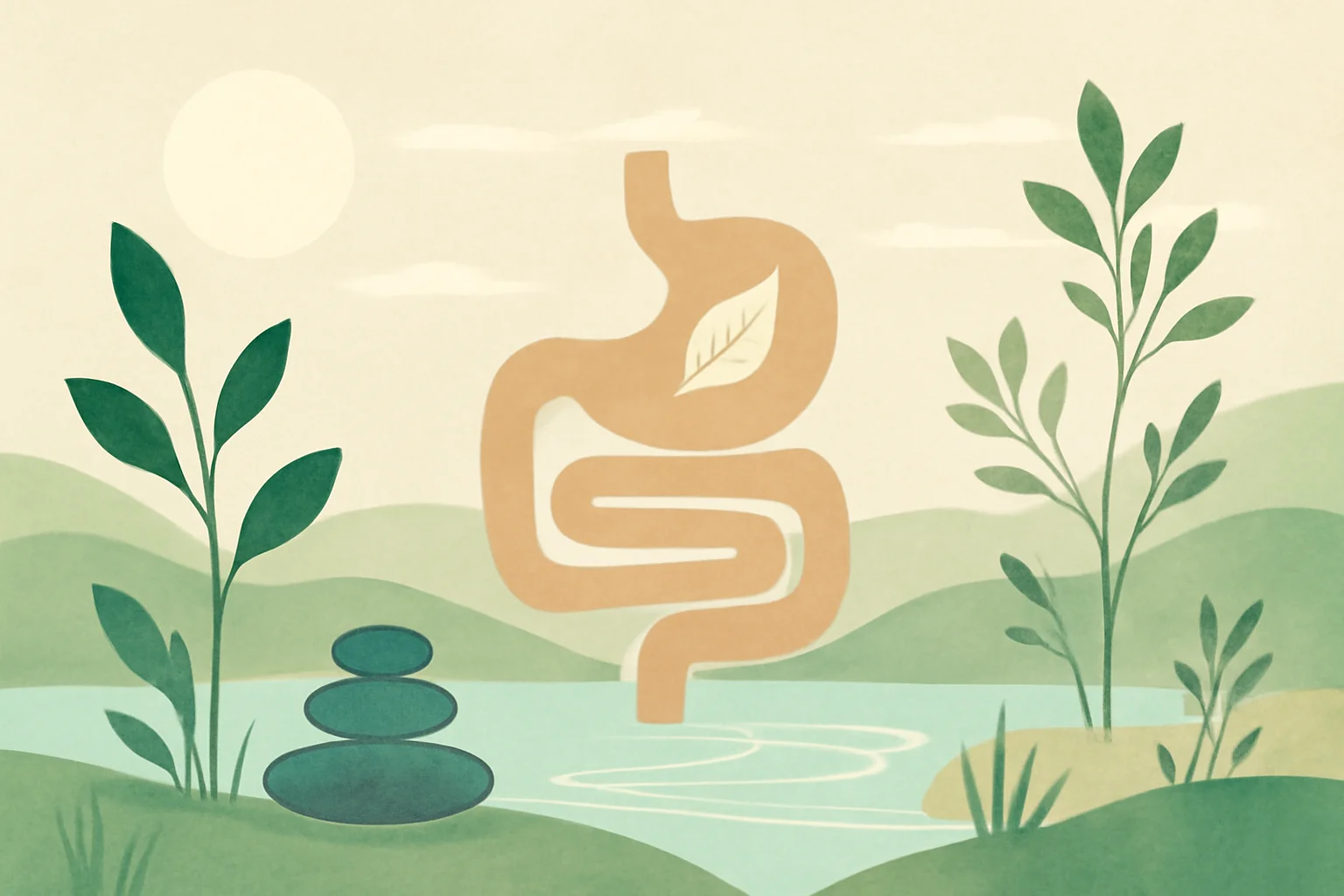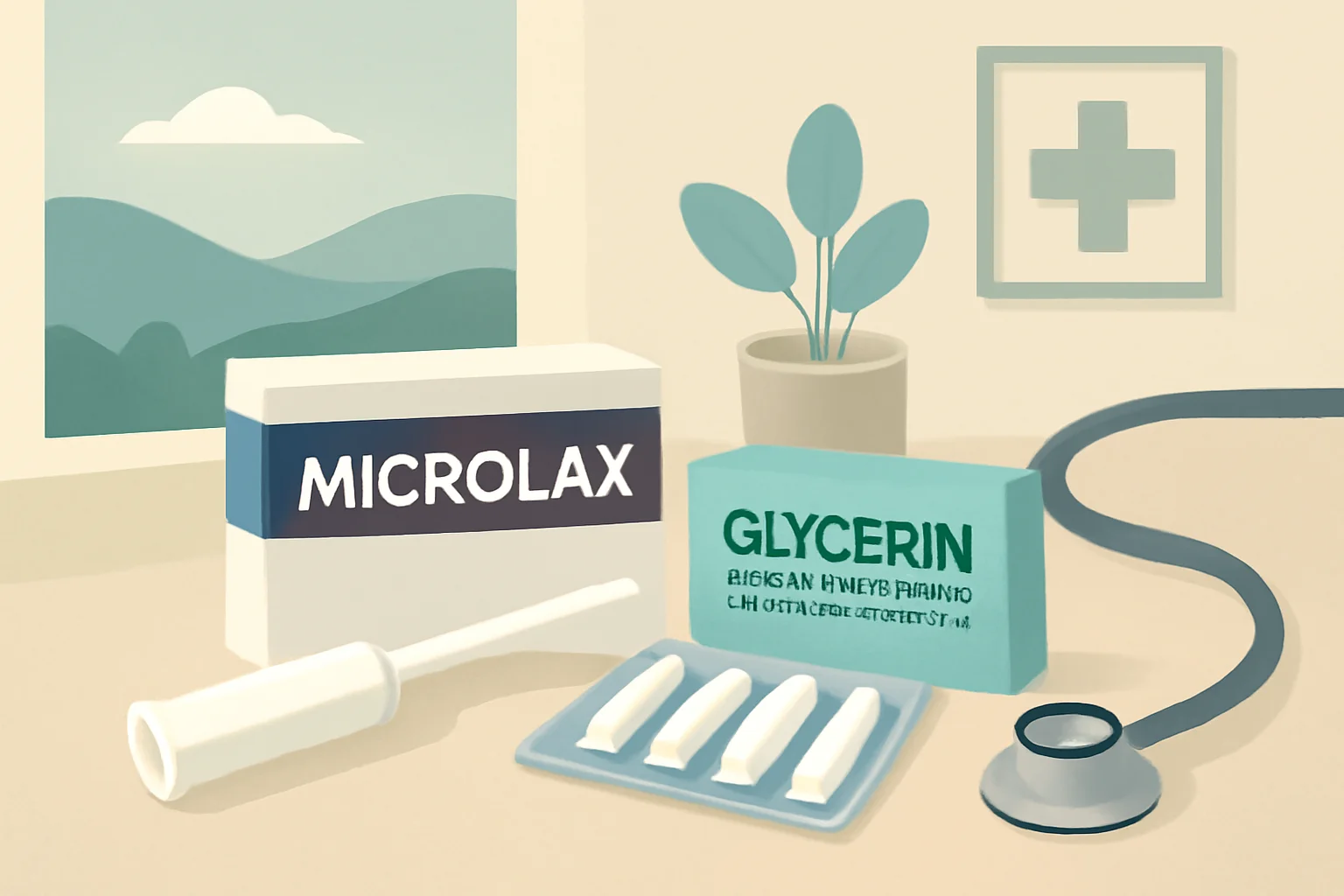
Causes and Effective Solutions for Bloating and Constipation
The bloating and constipation are two common digestive issues that many people struggle with. These phenomena can arise from various causes, and often patients are unaware of why they are suffering from these symptoms. Bloating occurs when gas accumulates in the stomach and intestines, leading to discomfort, tightness, and sometimes pain. Constipation, on the other hand, is associated with difficulties in bowel movements, which are often linked to a decrease in bowel activity.
These problems can have not only physical but also psychological effects, as uncomfortable feelings and anxiety can worsen the quality of everyday life. The causes of bloating and constipation can be diverse, including dietary habits, stress, a sedentary lifestyle, and various medical conditions. The health of the digestive system is crucial for overall well-being, which is why it’s important to be aware of these issues and their management.
Bloating: Causes and Symptoms
Bloating, or the feeling of abdominal discomfort in the stomach and intestines, is caused by the accumulation of gas. There can be many reasons for this, some related to dietary habits, while others are associated with lifestyle or health conditions. Common causes include eating too quickly, consuming carbonated beverages, and excessive intake of high-fiber foods such as beans or lentils.
Symptoms of bloating include abdominal tightness, stomach cramps, belching, and difficulties in bowel movements. In many cases, bloating does not indicate a serious health problem, but if symptoms persist or worsen, it is advisable to consult a doctor. Bloating often coexists with other digestive disorders, such as reflux, which can further exacerbate complaints.
To prevent bloating, it is important to consciously change dietary habits. Eating slowly, staying properly hydrated, and avoiding carbonated drinks can help reduce gas production. Additionally, foods rich in probiotics, such as yogurt or kefir, can contribute to the health of the digestive system and may reduce the extent of bloating.
Constipation: Causes and Symptoms
Constipation is a condition associated with difficulties in bowel movements that can arise for various reasons. Common causes include a low-fiber diet, lack of physical activity, dehydration, and side effects of certain medications. Constipation usually occurs when bowel movements are too slow, causing stool to remain in the intestines for too long and harden.
Symptoms of constipation include infrequent bowel movements (less than three times a week), difficult and painful bowel movements, as well as abdominal pain and discomfort. In many cases, constipation is not serious, but over the long term, it can lead to more serious health problems, such as hemorrhoids or colorectal diseases.
The treatment of constipation typically begins with changes to dietary habits. Consuming fiber-rich foods, such as fruits, vegetables, whole grains, and legumes, can help stimulate bowel movements. Additionally, proper hydration is crucial, as water helps soften stool. Regular exercise can also contribute to improving bowel movements and reducing the risk of constipation.
The Relationship Between Bloating and Constipation
The relationship between bloating and constipation is close, as both issues are related to the functioning of the digestive system. Constipation often causes bloating, as the slowing of bowel movements means that stool remains in the intestines for longer, which can lead to gas production. Additionally, bloating can contribute to the development of constipation, as abdominal tightness and discomfort may reduce the urge to have a bowel movement.
In treating bloating and constipation, a common approach can help alleviate symptoms. Changing dietary habits, ensuring proper hydration, and engaging in regular exercise can all contribute to the health of the digestive system. The use of probiotics may also be beneficial, as they can help restore the balance of gut flora and improve digestion efficiency.
However, it is important to consult a doctor if symptoms of bloating and constipation persist. Medical examinations can help uncover the causes and determine the most appropriate treatment. Ignoring digestive problems can lead to more serious health consequences in the long run.
—
This article does not constitute medical advice. In case of health issues, everyone should follow their doctor’s advice.

